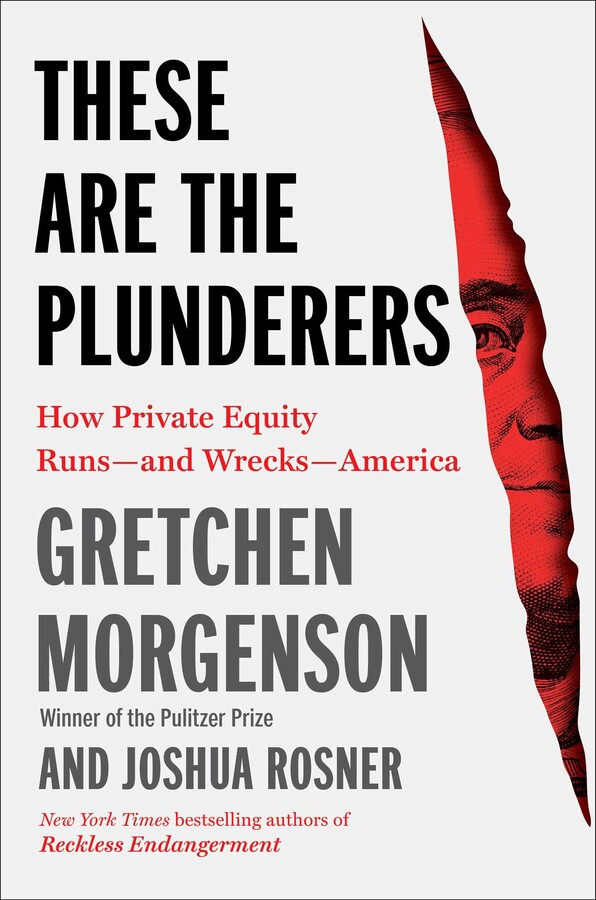Slash, Burn, and Churn
In the 1960s, a brave new idea was born, which ushered in a brave new world. Traders figured out how to buy things without money. More precisely, they realized that you could borrow the money to buy the thing while using the thing itself as collateral. They could buy a company with borrowed money, using the company’s assets as collateral for the loan. They then transferred the debt to the company, which in effect had to pay for its own hijacking, and eventually sold it for a tidy profit. In the 1960s, when Jerome Kohlberg, a finance executive at Bear Stearns & Co., started to see the possibilities, it was called “bootstrap financing.” By the mid-1970s, when Kohlberg set up a company with Henry Kravis and George Roberts, it was known as the leveraged buyout (LBO).
The leveraged buyout was the key to the magic kingdom of private equity. But LBOs leave casualties. To service its new debt, the acquired company often must cut costs drastically. This usually means firing workers and managers and overworking those who remain, selling off divisions, renegotiating contracts with suppliers, halting environmental mitigation, and eliminating philanthropy and community service. And even then, many companies failed—a significant proportion of companies acquired in LBOs went bankrupt.
Fortunately, it was discovered around this time that workers, suppliers, and communities don’t matter. In the wake of Milton Friedman’s famous and influential 1972 pronouncement that corporations have no other obligations than to maximize profits, several business school professors further honed neoliberalism into an operational formula: the fiduciary duty of every employee is always and only to increase the firm’s share price. This “shareholder value theory,” which exalted the interests of investors over all others—indeed recognized no other interests at all—afforded the intellectual and moral scaffolding of the private equity revolution.
Two excellent new books narrate, with complementary approaches, the alarming story of private equity’s kudzu-like growth. These Are the Plunderers: How Private Equity Runs—and Wrecks—America by Pulitzer-Prize-winning reporter Gretchen Morgenson and her longtime writing partner Joshua Rosner provides blow-by-blow case histories, reconstructing tactics, analyzing legal conflicts, and affording the victims of private equity depredations a face and a voice. (Private equity executives are generally faceless and rarely speak except to issue pro forma denials of everything through their extremely expensive lawyers.)

